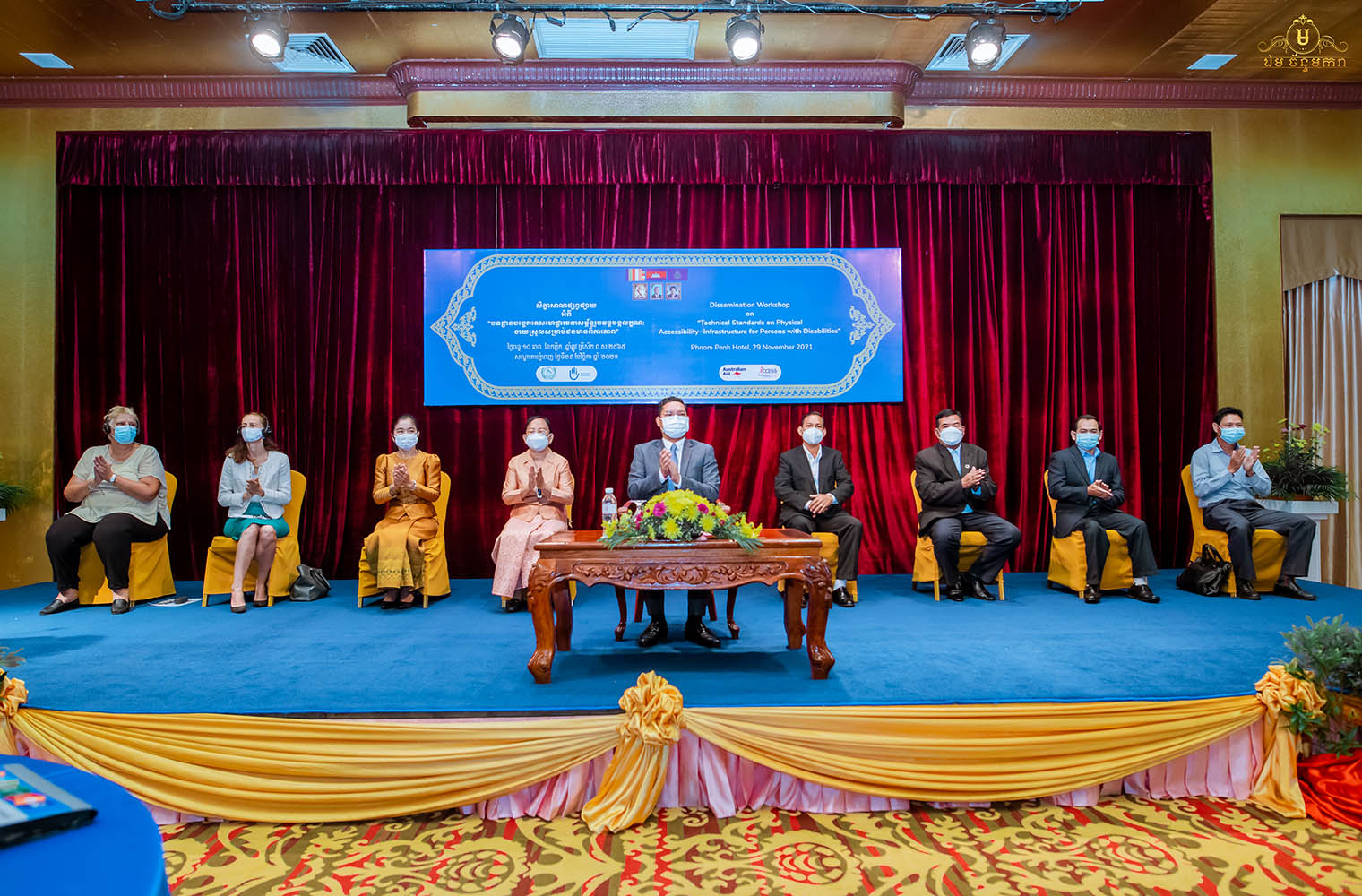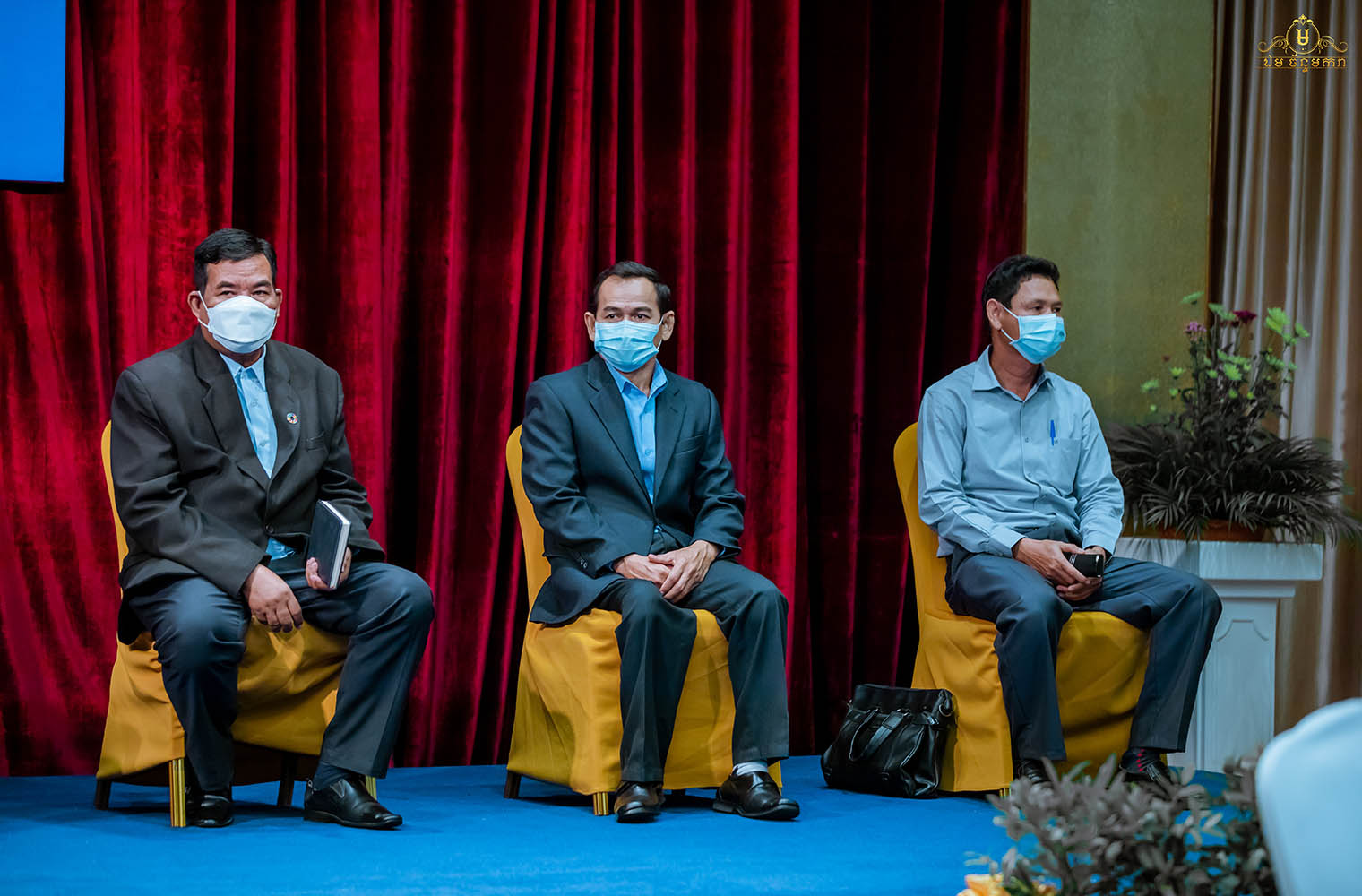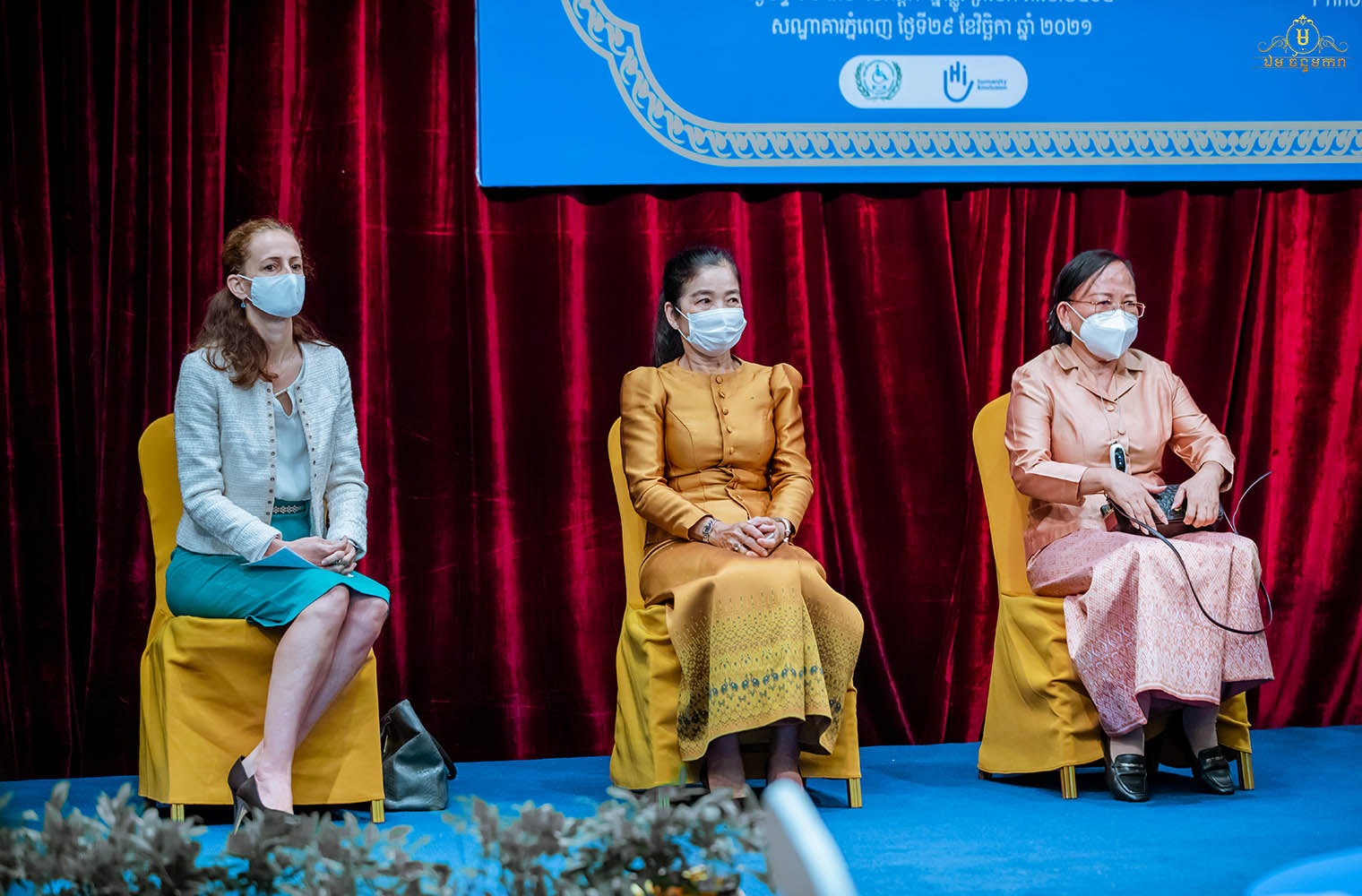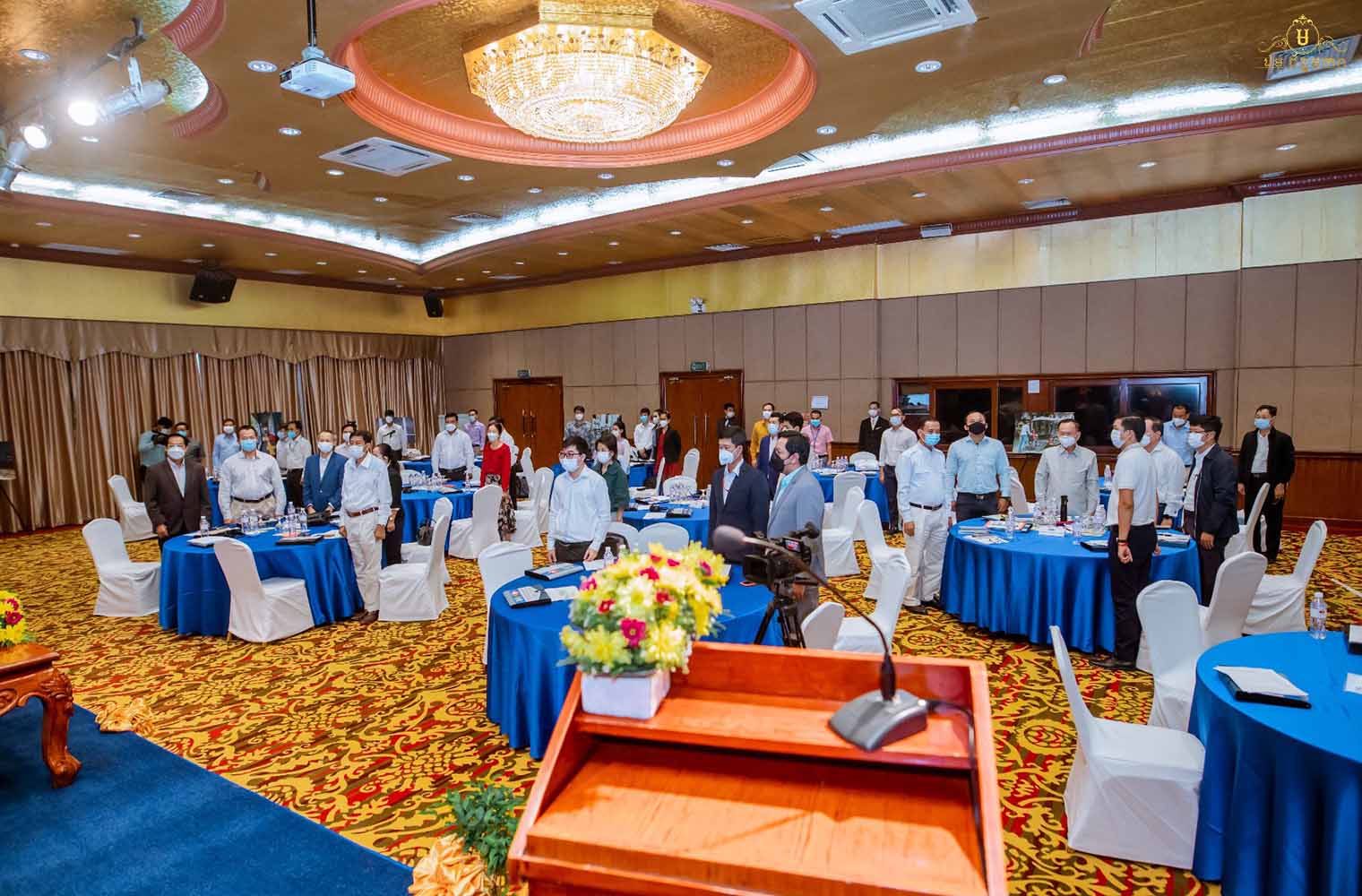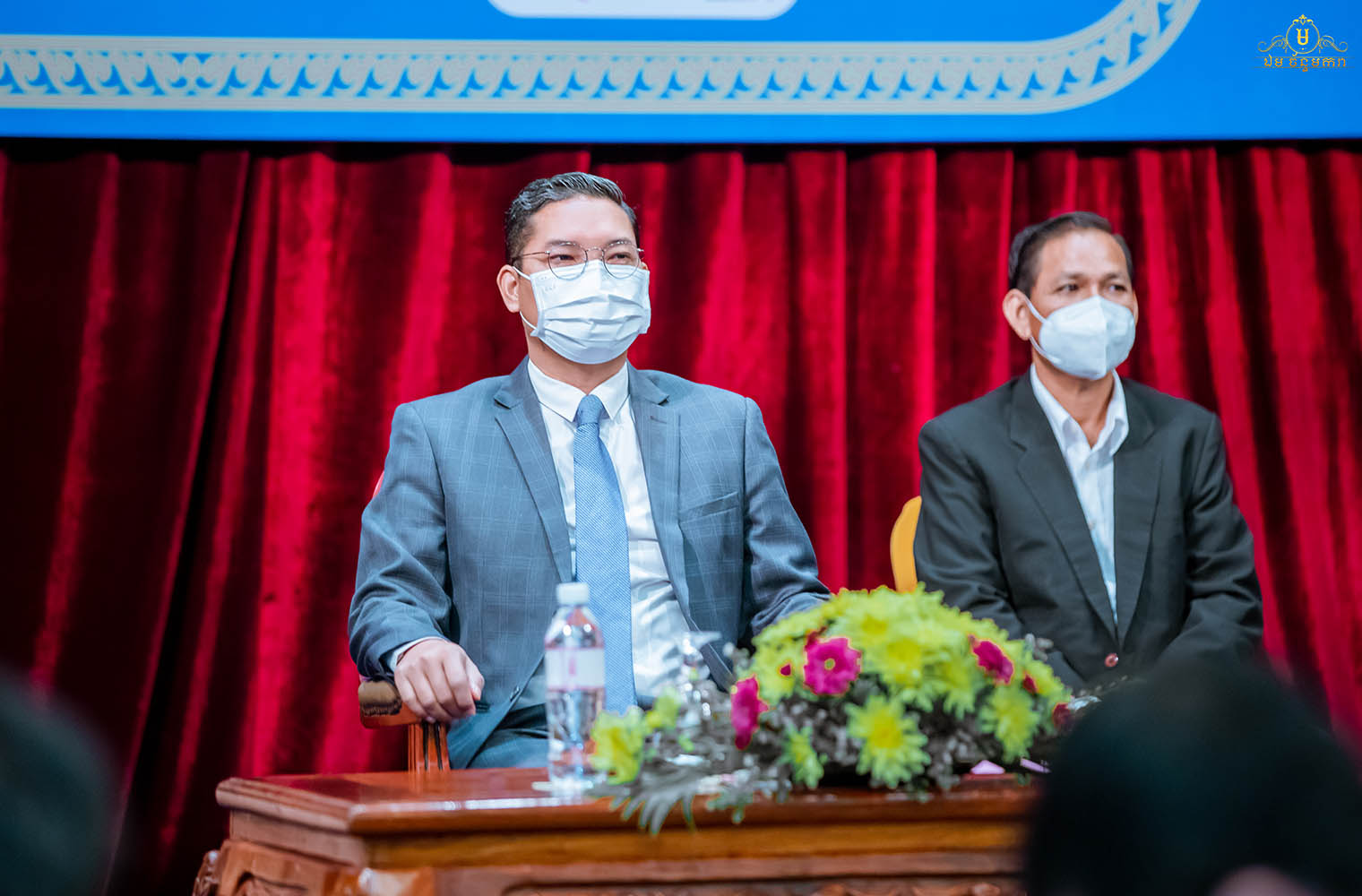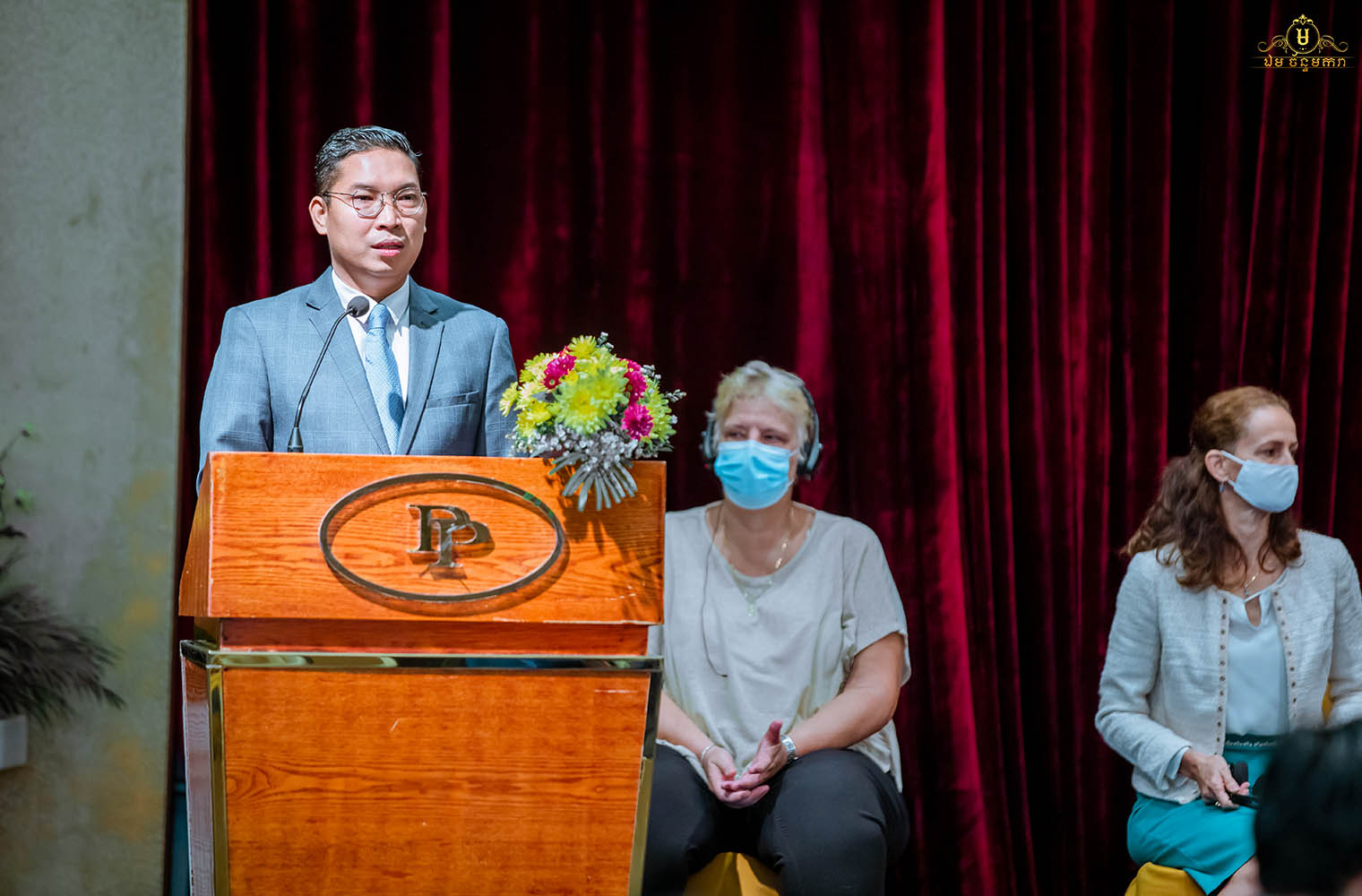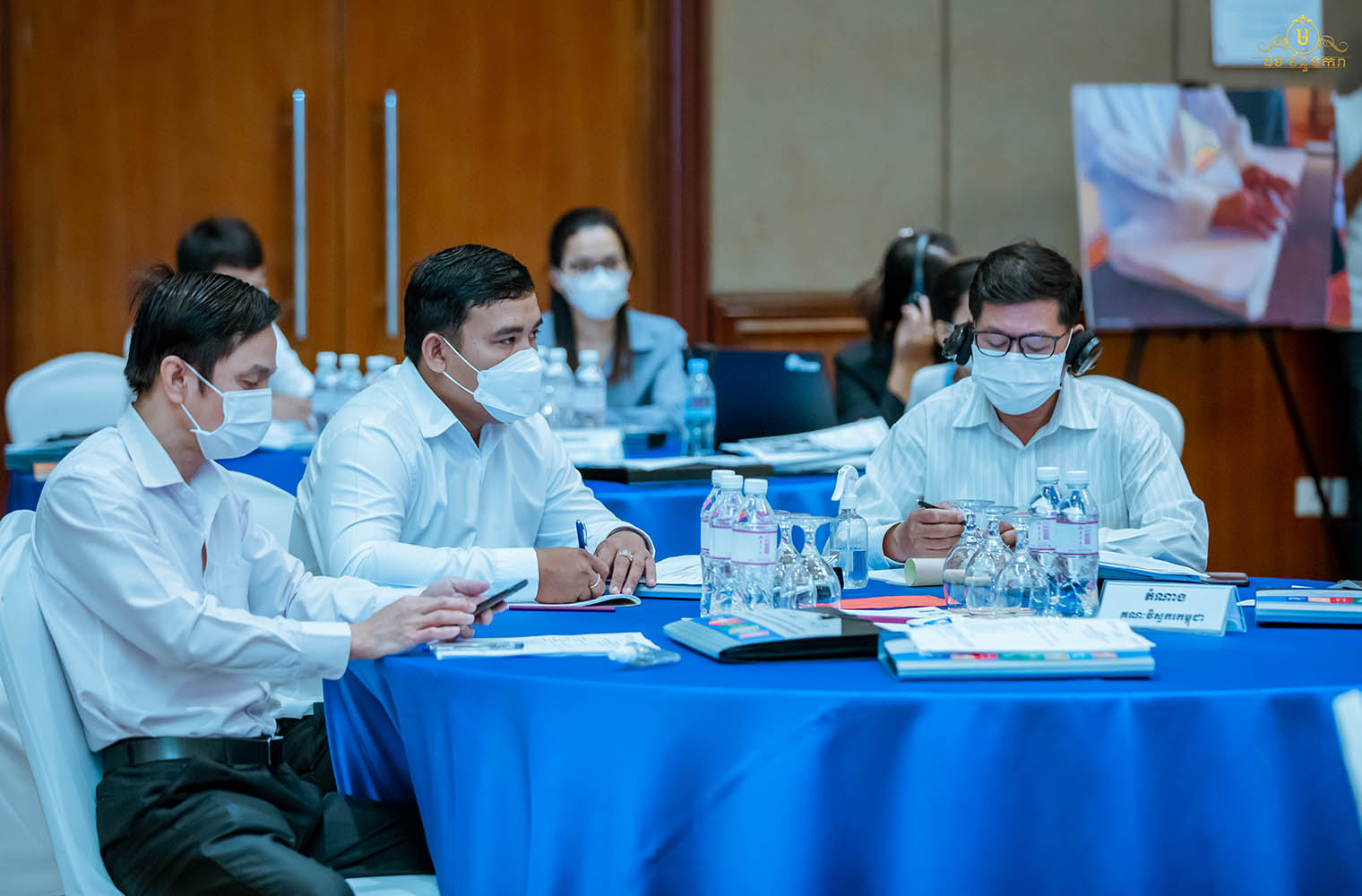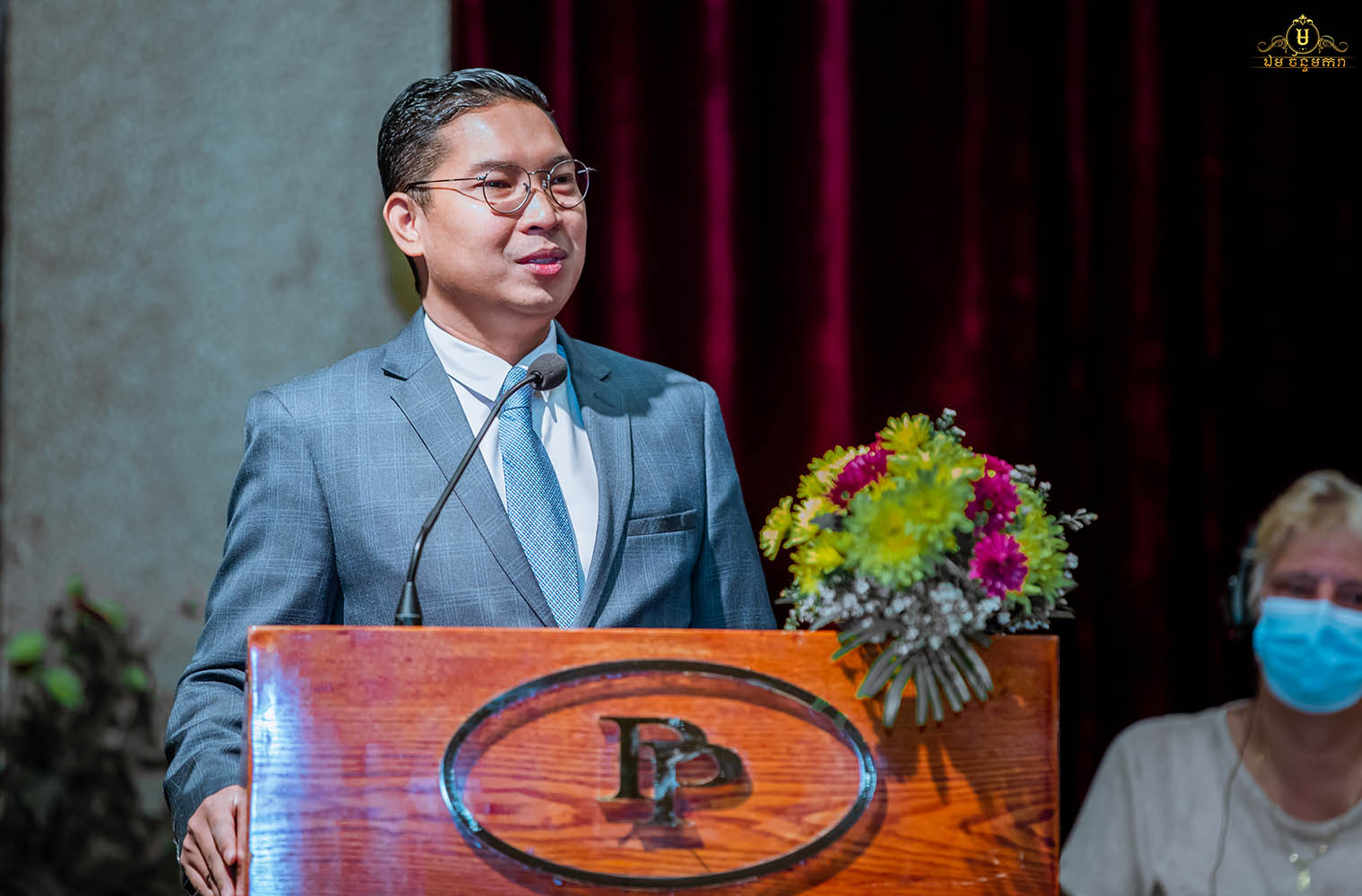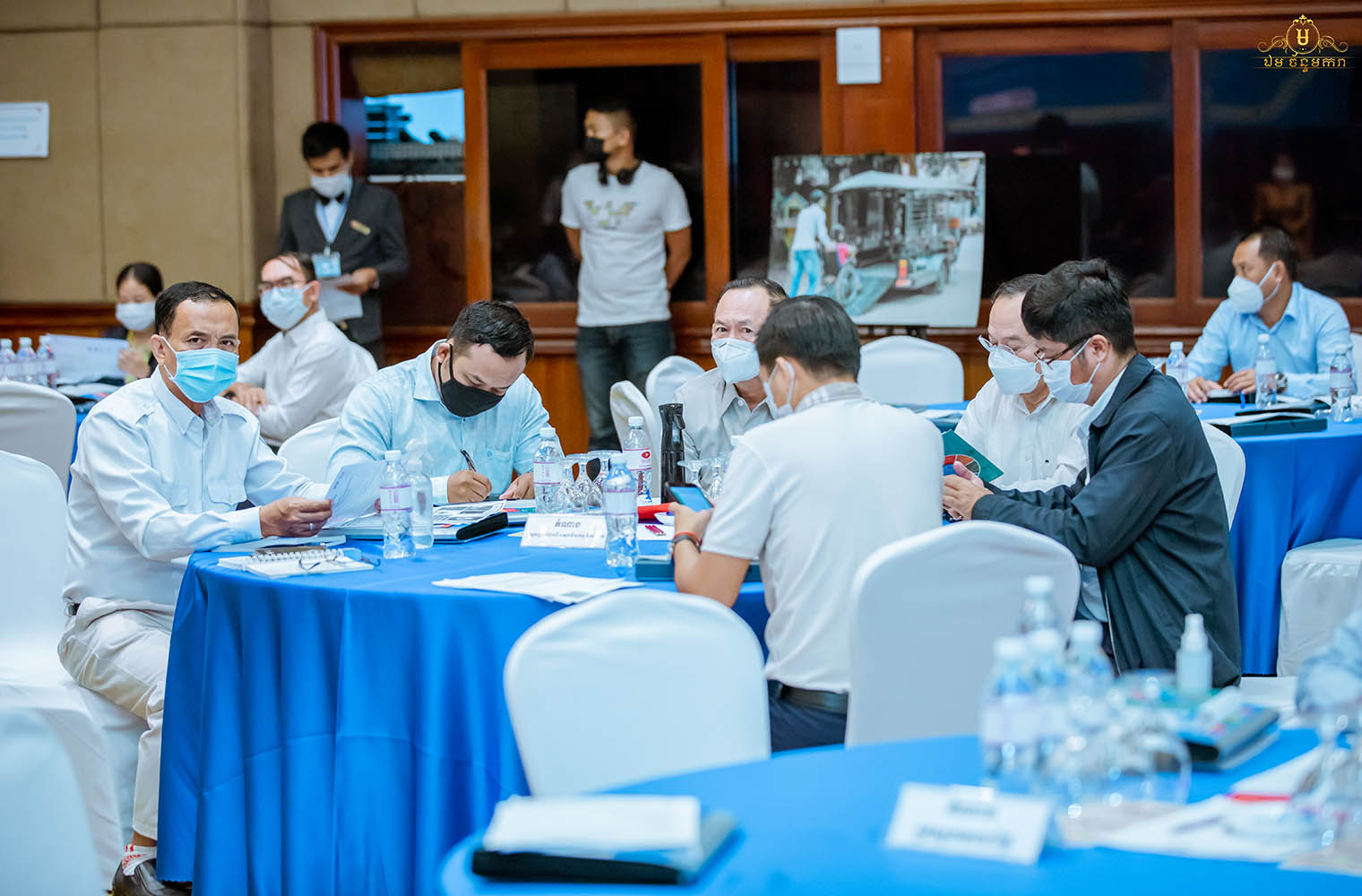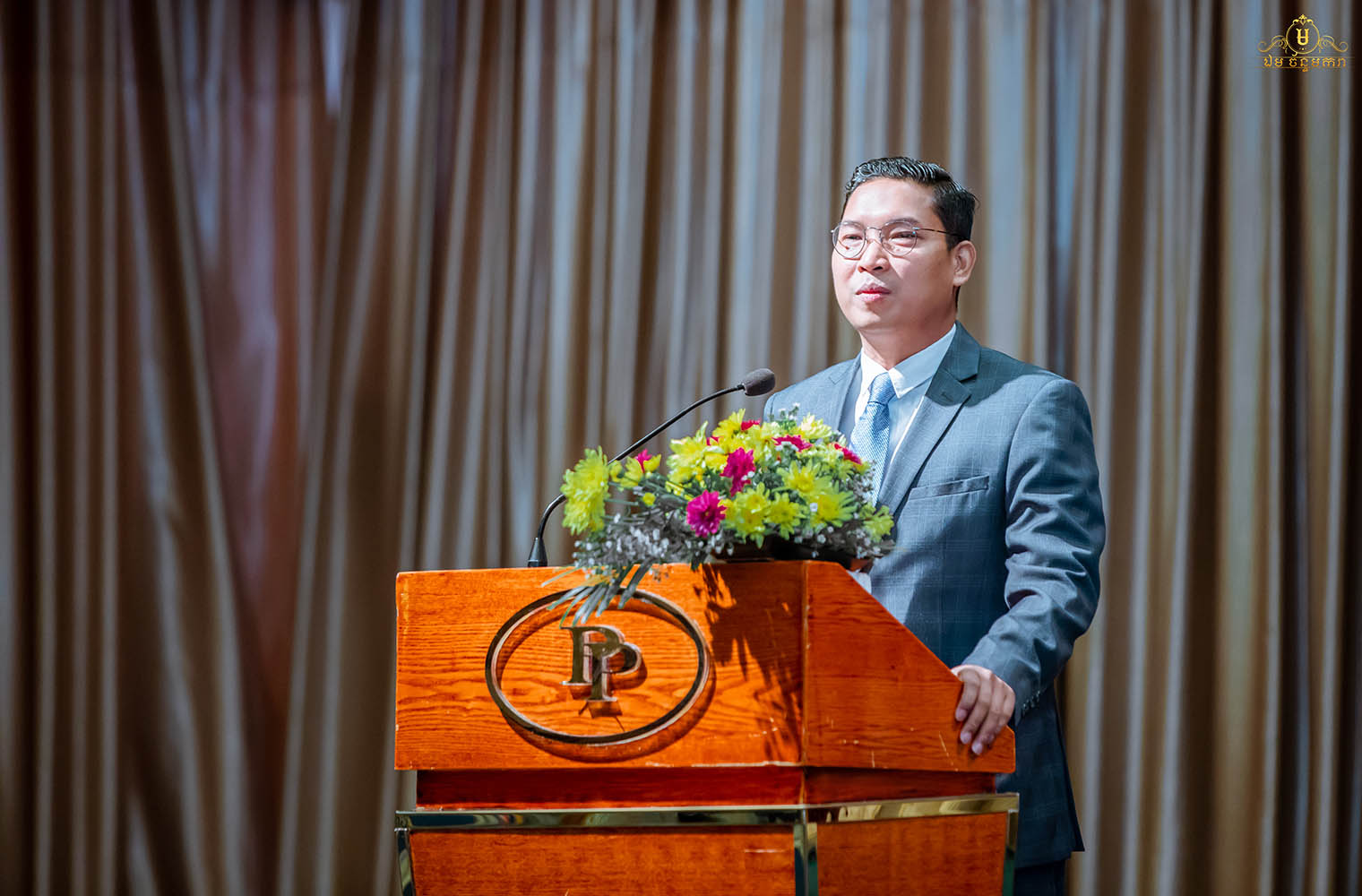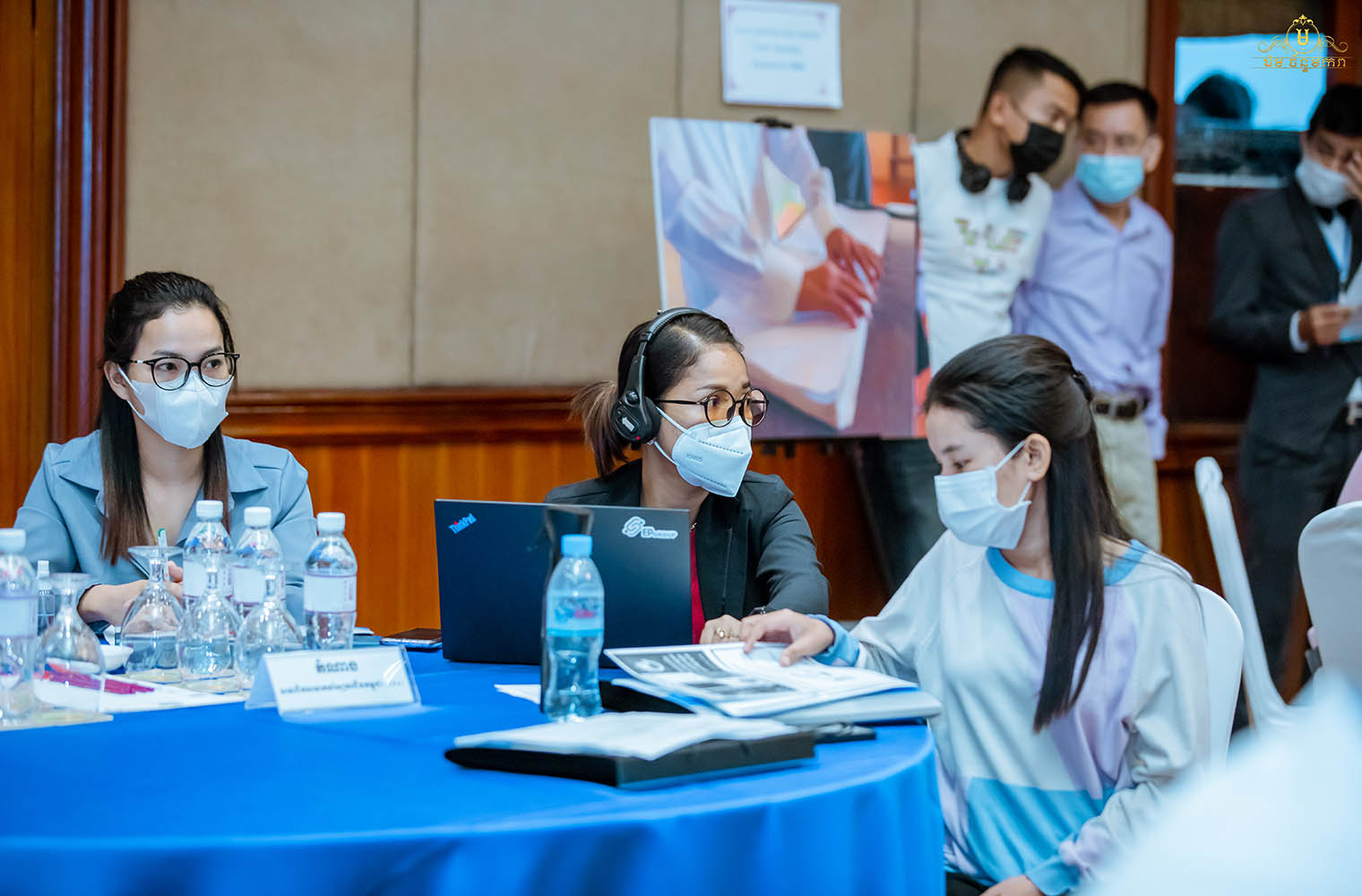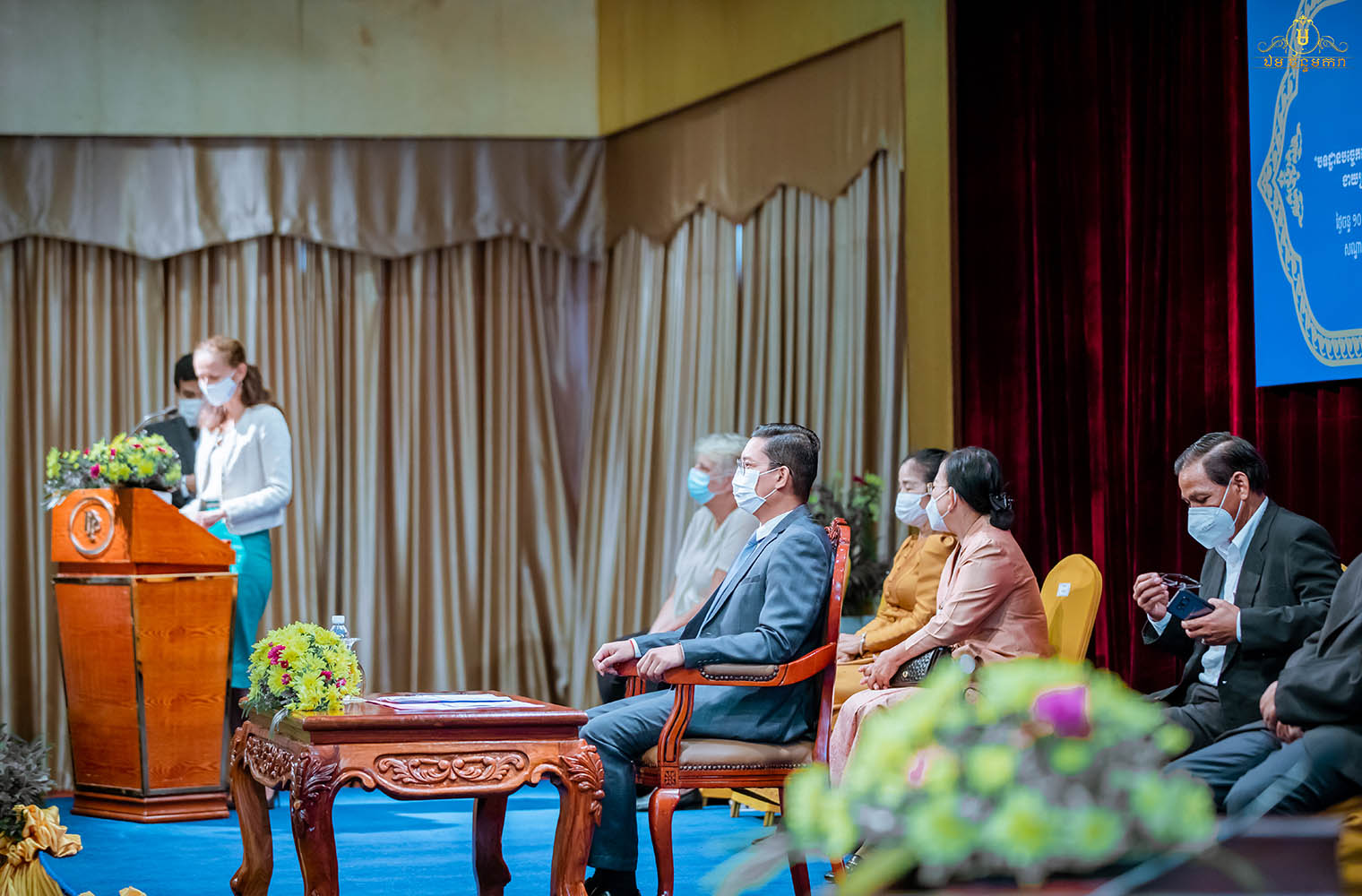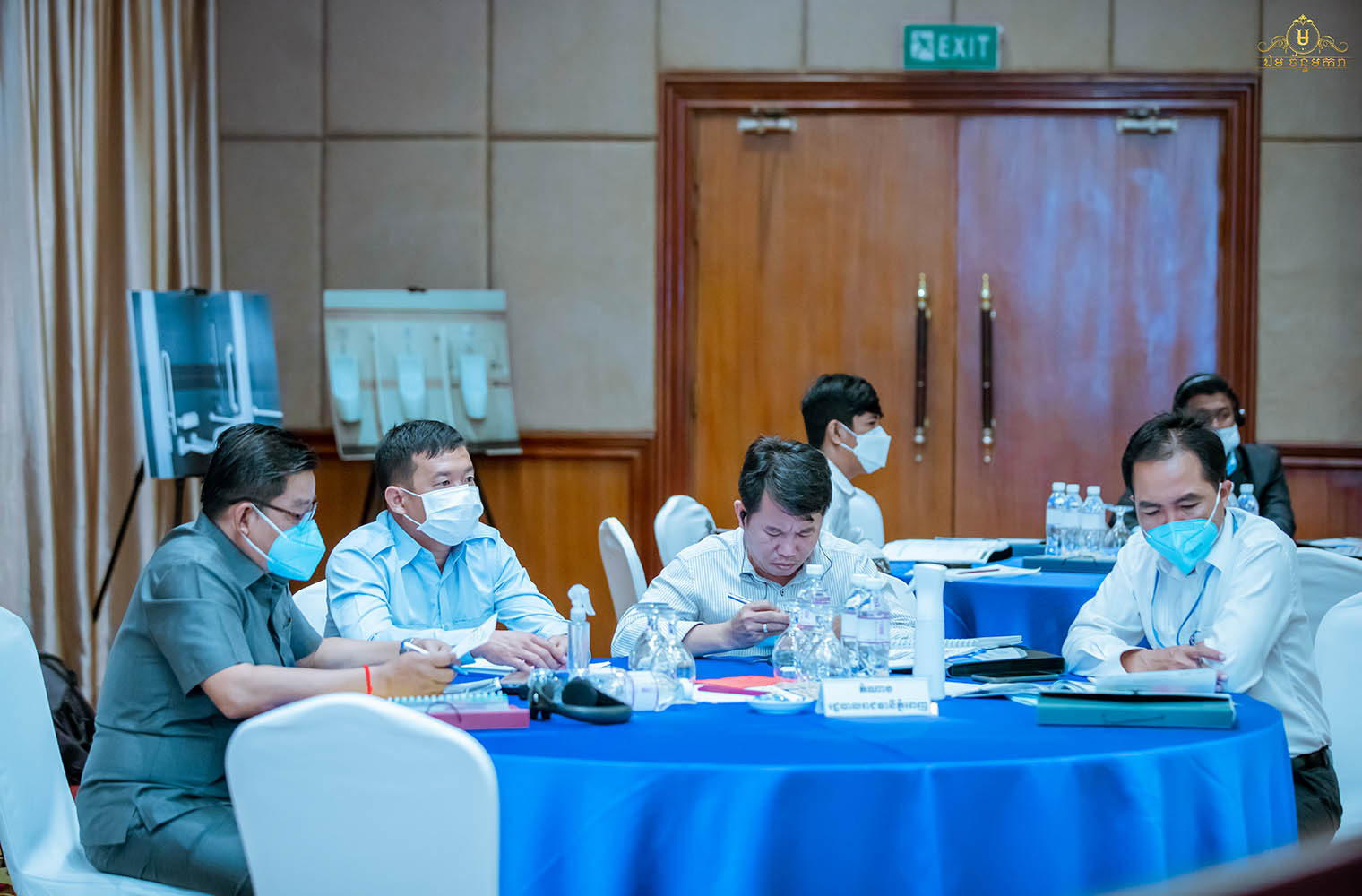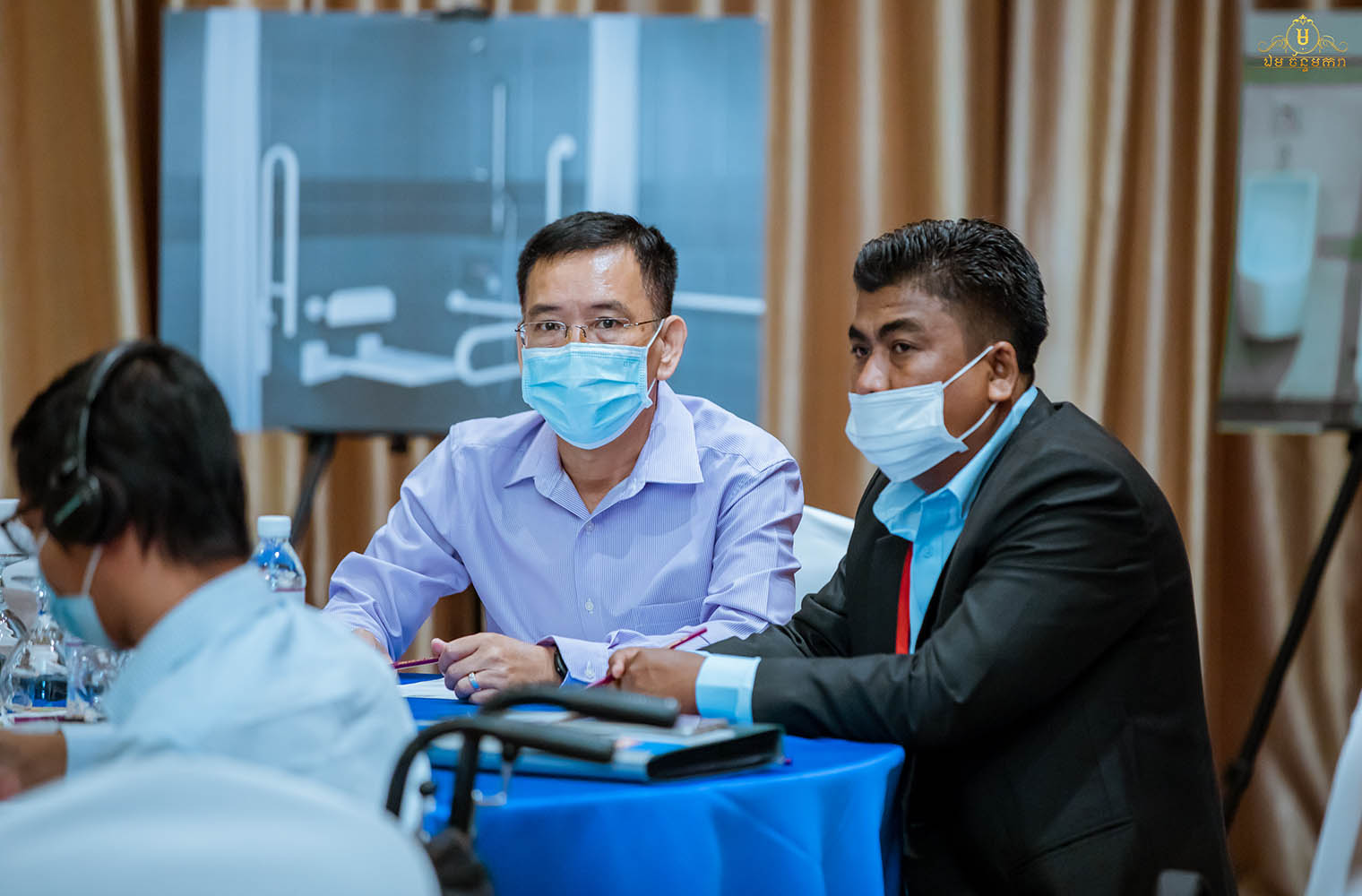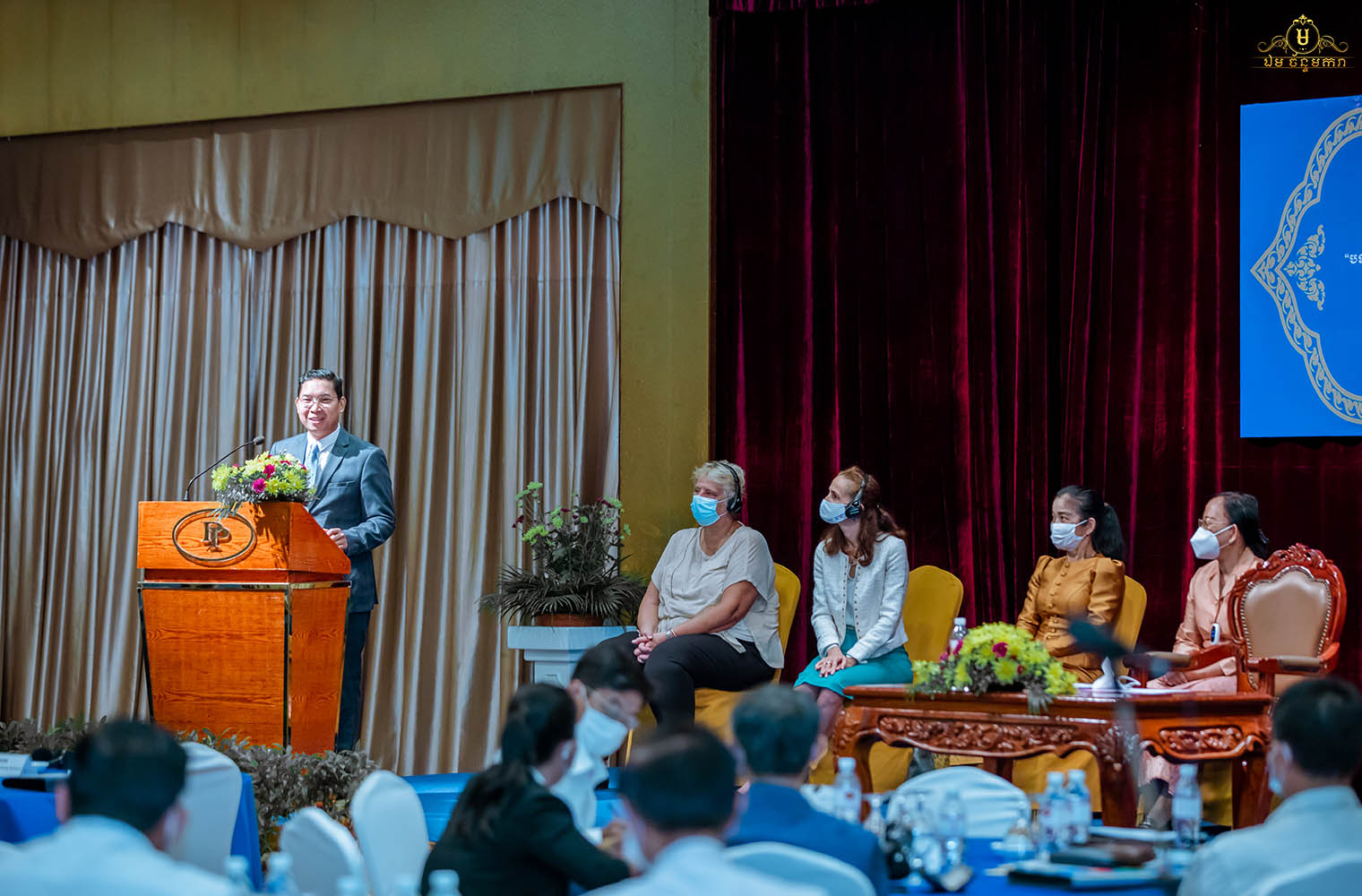Phnom Penh: The Ministry of Social Affairs, Veterans and Youth Rehabilitation has kicked off the workshop on imoving accessibility for persons with disabilities on Monday. The workshop titled “Technical Standards, Physical Accessibility, Facilitation for Persons with Disabilities” aims to support persons with disabilities providing them with more inclusive and accessible infrastructures across the kingdom.
Ministry of Social Affairs, Veterans and Youth Rehabilitation led by its Secretary of State Em Chan Makara on behalf of Minister Vong Sauth has conducted the workshop on Monday aiming to improve infrastructures to be more inclusive and accessible for persons with disabilities in Cambodia.
Em Chan Makara has commended the cooperative efforts of the leadership and civil servants of the General Secretariat of the Disability Action Council and other relevant partners organizing the activity in collaboration with the Australia-Cambodia Cooperation for Equitable Sustainable Services Program and Handicap International.
He says that the Ministry of Social Affairs and the Ministry of Land Management, Urban Planning and Construction through the General Secretariat of the Disability Action Council, have prepared an Inter-Ministerial Proclamation, dated 28 November 2018, on the "Technical Standards, Physical Infrastructure, Facilitation for Persons with Disabilities”, which was officially launched on 18 September 2019, marking a new development in the disability sector in the Kingdom of Cambodia. He says the inter-ministerial declaration is very important for both the construction sector and the disability sector in the country.
MoSVY’s Secretary of State Em Chan Makara has recalled that in the past, the Ministry of Interior, Ministry of Land Management, Ministry of Cults and Religions, and the Ministry of Tourism have also issued guidelines to units and locations under their jurisdiction to include provisions for persons with disabilities in the construction of both old and new public infrastructure such as sub-national administration buildings, religious sites, and tourist sites.
He has outlined obstacles that persons with disabilities face in relation to physical infrastructure that are not accessible or convenient for them. He particularly pointed out the buildings or places where people go to receive public services such as district or city halls, schools, hospitals, religious buildings, hotels, restaurants, public bathrooms, parks, entertainment centers like cinemas, and other publicly accessible buildings are often not accessible to persons with disabilities, when they should be built for everyone to access.
He says that it is a positive thing that the Prime Minister has declared persons with disabilities, the elderly and students do not need to pay for bus transport services, but persons with disabilities still face obstacles due to the bus stations not being properly organized and these infrastructures not being built with accessibility in mind.
He has encouraged all relevant parties must work together to eliminate barriers for people with disabilities, proposing a list of considerations for the different Ministries to undertake in the effort to build more accessibility-centered infrastructures in Cambodia.
